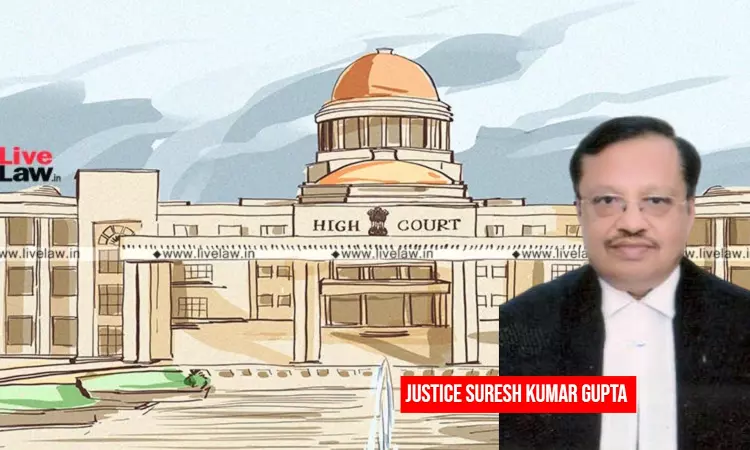Special POCSO Court Can Treat Application Filed U/S 156 (3) CrPC As A Complaint Case U/S 190 (1) (a) CrPC: Allahabad High Court
Sparsh Upadhyay
16 Jun 2023 6:14 PM IST

Next Story
16 Jun 2023 6:14 PM IST
The Allahabad High Court recently observed that a Special POCSO Court can treat an application filed under Section 156 (3) CrPC as a complaint case under Section 190 (1) (a) CrPC. The bench of Justice Suresh Kumar Gupta observed thus: “Concludingly, I am of the view that the trial court has ample power to treat the application under Section 156 (3) CrPC as a complaint case,...
